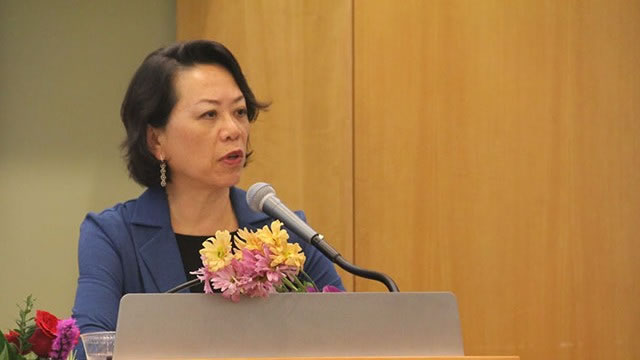
Faculty Member L.H.M. Ling Re-thinks Borders in New Book
Most people see international politics through a Western framework—one in which the “West” is used as a reference point and people use countries or nation-states as the primary way to identify themselves and relate to others.
This isn’t the only way to see the world, however. L.H.M. Ling, professor of International Affairs in the Julien J. Studley Graduate Program in International Affairs, is a proponent of “worldism,” a new way of thinking about international relations. Through the lens of worldism, global politics consists of a “world of multiple worlds” and their historical legacies.
Ling explores this idea in India China, a book in which she and her co-authors from the Borderlands Study Group draw on worldism to re-imagine the “border problem” between India and China. Ling and five other scholar-activists conceive borders as capillaries enabling the flow of material, cultural, and social benefits through local communities, nation-states, and entire regions.
“We come from all corners of the globe and are trained in different disciplines,” Ling says of herself and the co-authors of India China. “Nonetheless, we all engaged with India-China’s borders and borderlands as our central site of investigation. And within that, we prioritized the people and everyday practices that made and, simultaneously, un-made these boundaries.”
India China was made possible with the support of a generous grant from the India China Institute at The New School. It is available through the University of Michigan Press.
To learn more about SGPIA student and faculty work, follow @Newschool_IA on Twitter.